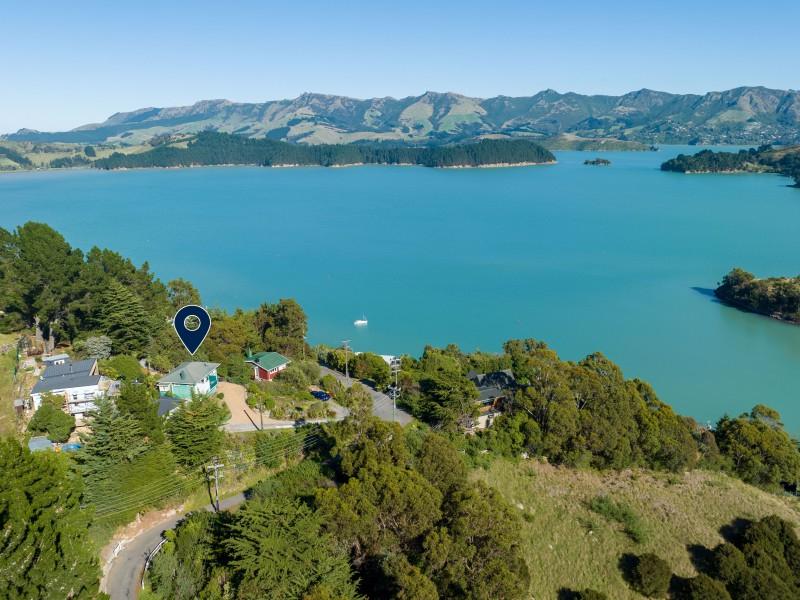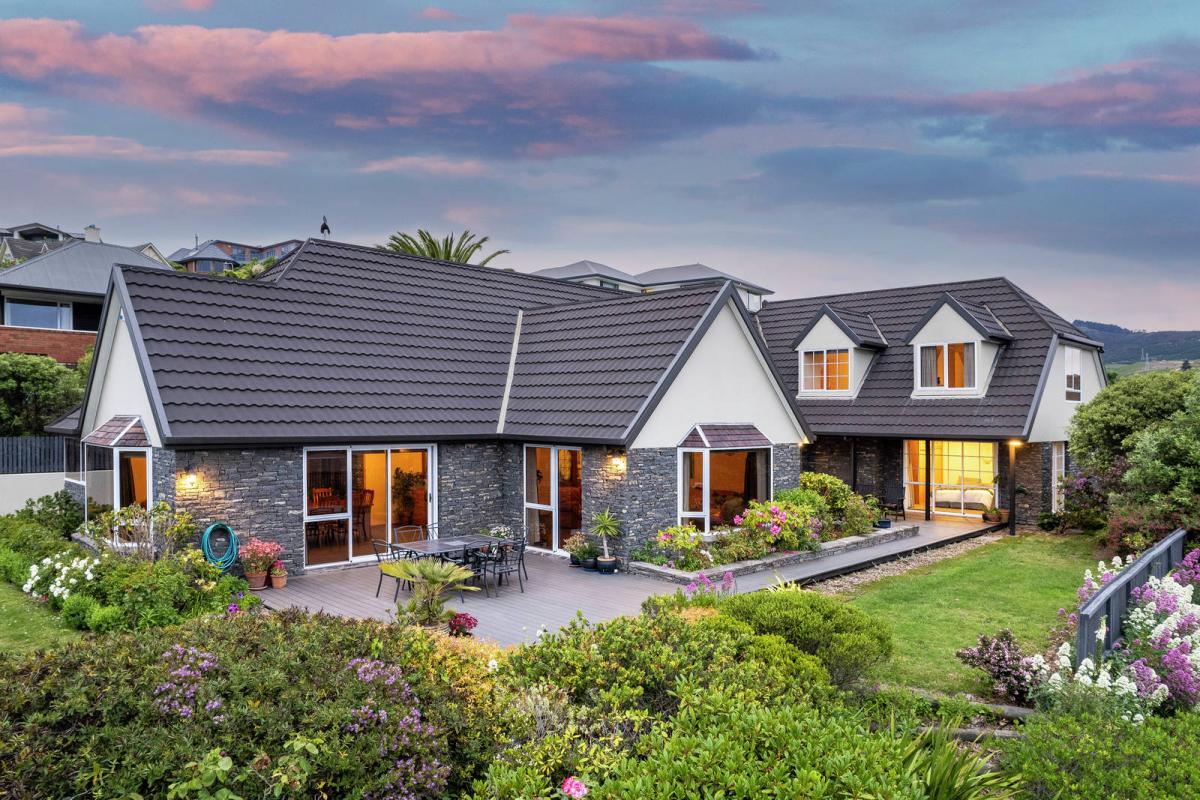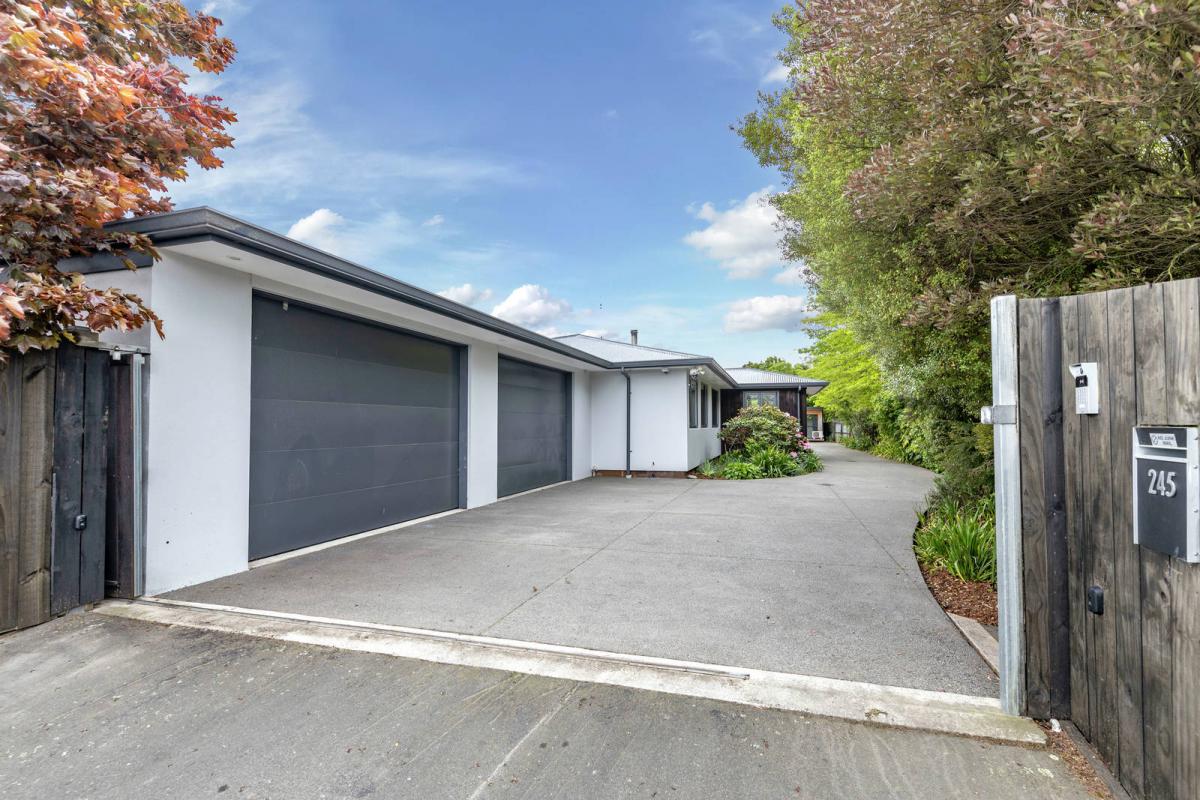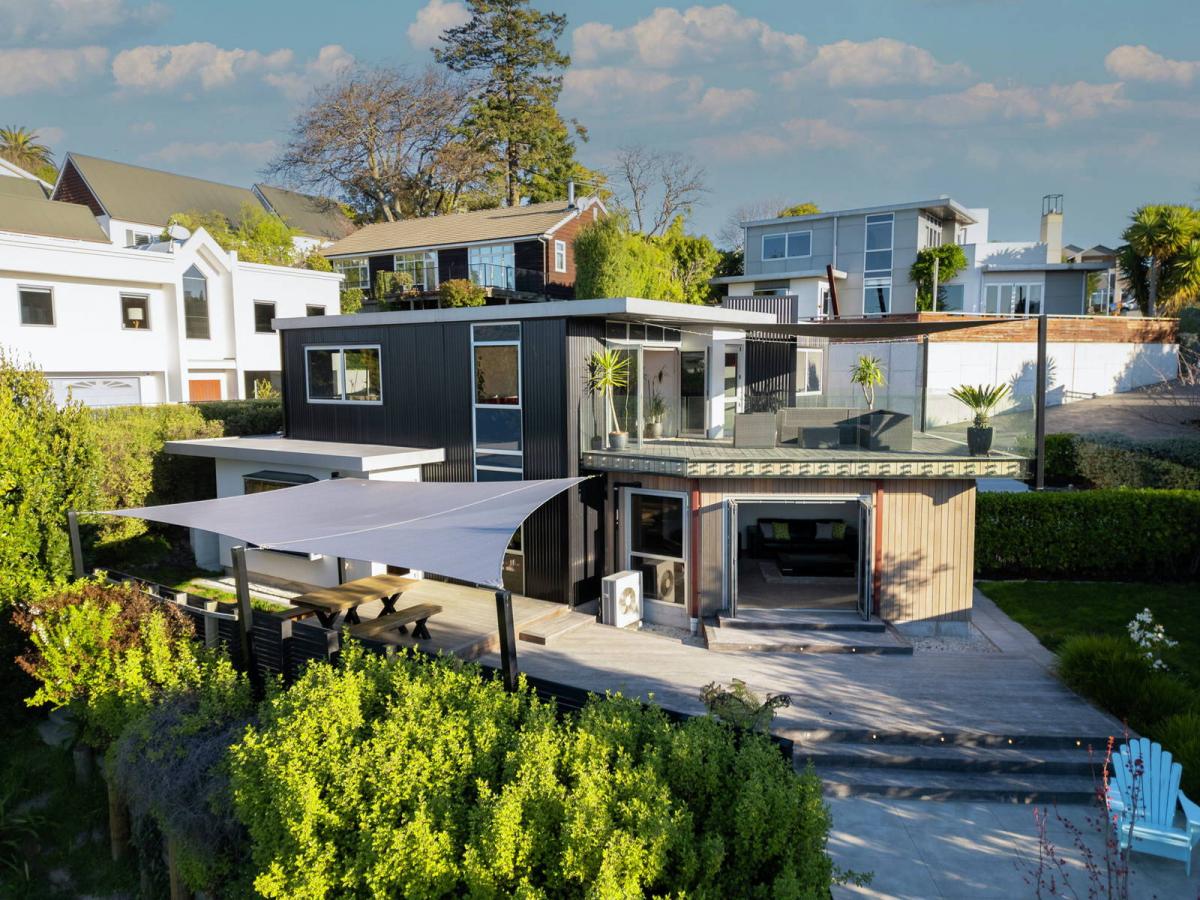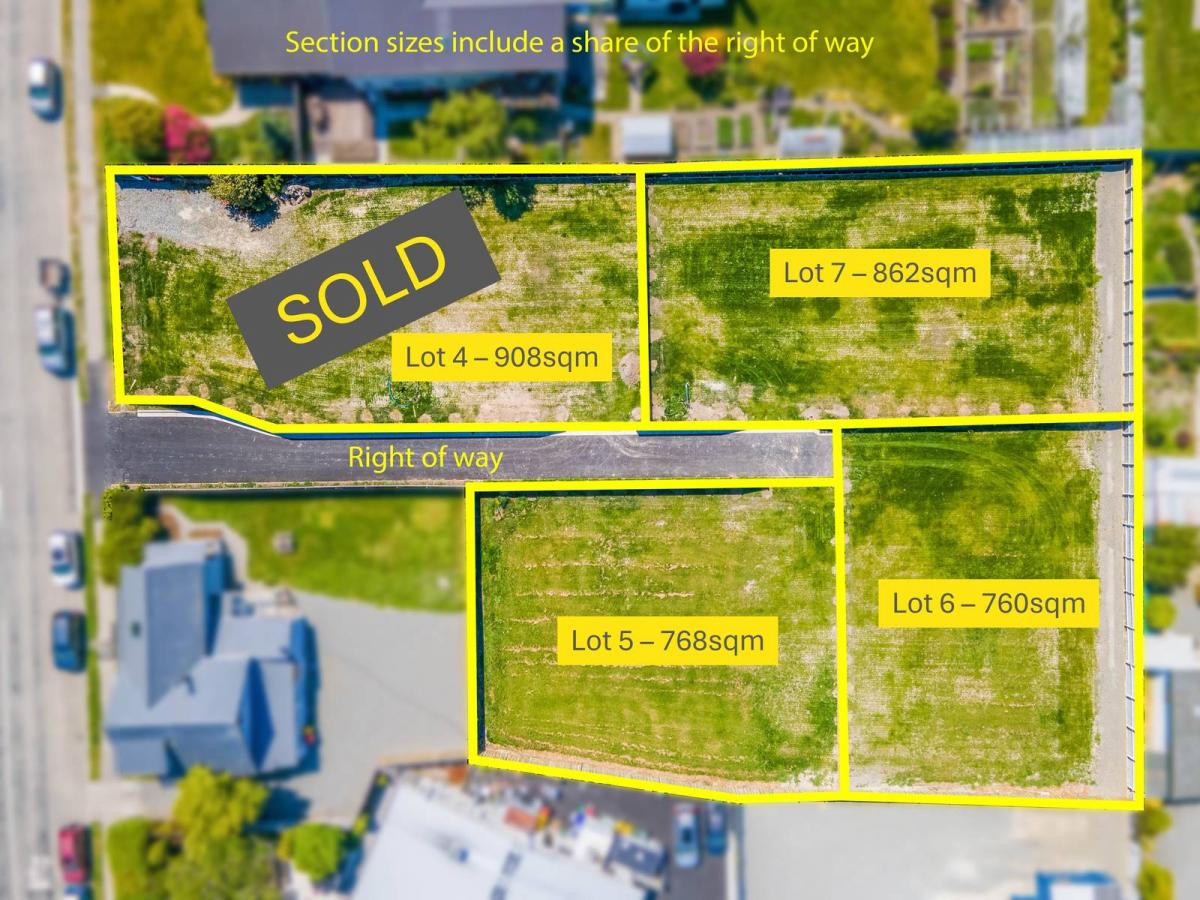Up in the Air: Using your drone
The use of drones is no longer limited to government agencies, technical gurus or the super wealthy. The market has been flooded with drones that are reasonably priced and are easy to use. These high-tech pieces of equipment are, however, bound by Civil Aviation Rules. In this article, we explore what rules there are around their use.
Drone technology allows a pilot to film and photograph from the sky allowing an aerial view that was once only available through the use of planes, helicopters or satellites. More and more businesses are using drone technology to assist them. Drones have been used in the agricultural sector to aid crop and stock inspection and, in August last year, Domino’s Pizza successfully delivered a pizza by drone.
CAA Rules
Following the increase in availability for personal use, the Civil Aviation Authority (CAA) has issued rules regarding the piloting of drones in an attempt to ensure procedures are followed to minimise any risk to the public.
Civil Aviation Rules (Part 101) have provisions that must be adhered to when piloting a drone that is under 25 kgs. Any drone weighing more than 25 kgs requires a certification from the CAA. Most commercial drones, however, weigh less than 25 kg.
Where can you fly a drone?
A pilot may only fly a drone during the day, no higher than 120 metres (400 feet) and must always ensure the drone is within their line of sight without the aid of any visual tools such as a virtual reality headset. The drone pilot must gain the consent of any person over whom the drone flies. Likewise, the pilot must gain the consent of the owner of any private land over which the drone flies.
The New Zealand Transport Agency doesn’t allow drones to fly over any of the 11,000 km of state highways due to their potential to distract drivers and cause accidents.
Public property such as parks are often the best place to fly drones. However, each of the country’s local authorities has the discretion to set its own policies and bylaws in relation to the use of drones over council-owned land. Some councils adopt a blanket consent approach to the use of drones over their property. This, however, may be subject to more specific rules issued by the particular council. Pilots should be fully aware of any rules or regulations that they would be subject to flying in a particular area.
It should be noted that the rules for drones also apply to pilots of remotely controlled model planes.
Privacy issues
Drones fitted with recording devices do cause concern on issues surrounding privacy. Any complaints surrounding the intrusion of drones over private property without consent, or a breach of the Civil Aviation Rules, should be addressed to the Privacy Commissioner or the CAA.
Shooting down any drone that’s hovering over your property would constitute any number of offences under the Summary Offences Act 1981, the Crimes Act 1961 and the Arms Act 1983.
Penalties
There have been multiple instances of the CAA issuing fines ranging between $500 and $1,000 for not complying with Part 101 of the Rules. The CAA has even successfully prosecuted a man in the District Court. He was found guilty of causing unnecessary endangerment and flying in a controlled airspace without permission when the pilot filmed a rural fire from his drone within close proximity to a helicopter.
Pilots are also at risk of prosecution under the Privacy Act 1993 and the Crimes Act 1961 for using their drones to record information in a way that is illegal. Pilots may also face a private prosecution by the victim for an invasion of their privacy.
Drones can be an excellent way to help your business, as well as being a great deal of fun. Before becoming airborne, however, make sure you know the rules and you are mindful of privacy issues.
You can find more information on operating drones at www.airshare.co.nz... or www.caa.govt.nz...
What's your favourite tomato recipe?
Kia ora neighbours. We know your tomato plants are still growing, but we're looking ahead to the harvest already! If you've got a family recipe for tomatoes, we'd love to see it and maybe publish it in our magazine to share with our readers. Send your recipe to mailbox@nzgardener.co.nz, and if we use it in the mag, you will receive a free copy of our February 2025 issue.

The Neighbourhood’s Brainiest: Can YOU Solve Today’s Riddle?
You see a boat filled with people.
It has not sunk, but when you look again you don’t see a single person on the boat.
Why?
Do you think you know the answer to our daily riddle? Don't spoil it for your neighbours! Simply 'Like' this post and we'll post the answer in the comments below at 2pm.
Want to stop seeing riddles in your newsfeed?
Head here and hover on the Following button on the top right of the page (and it will show Unfollow) and then click it. If it is giving you the option to Follow, then you've successfully unfollowed the Riddles page.

Serious assault - petrol station
Police investigating a serious assault at a service station on Racecourse Road on Sunday 10 November are seeking assistance from the public.
At about 1.45am a group of car enthusiasts were gathered at the petrol station along with two members of the public.
Detective Sergeant Luke Vaughan, Canterbury CIB, says the two members of the public were then seriously assaulted on the forecourt area and onto Racecourse Road.
“This was an unprovoked assault by multiple offenders, which left both victims with injuries.
“We understand the fear and concern events like this inflict on the community and we will continue to hold the people responsible to account.
“Police have no tolerance for this type of crime or intimidation in our communities.”
Detective Sergeant Vaughan says Police are continuing to make enquiries into the matter and would like to hear from anyone who has any information or footage in relation to this incident.
If anyone witnessed the incident or has any information which may assist, we urge them to contact Police via www.police.govt.nz... or by calling 105 and quote file number 241110/0807.
Alternatively, you can report any information anonymously via Crime Stoppers on 0800 555 111.

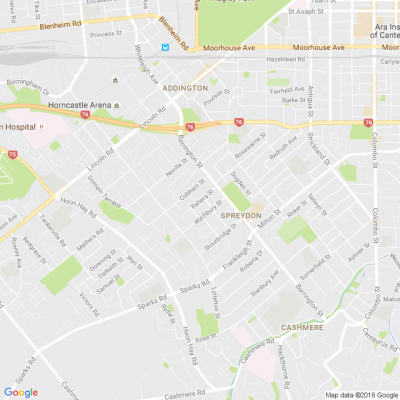
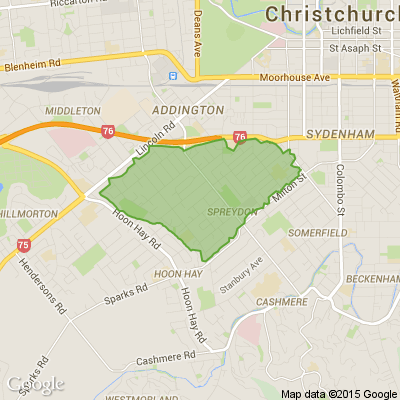




 Loading…
Loading…